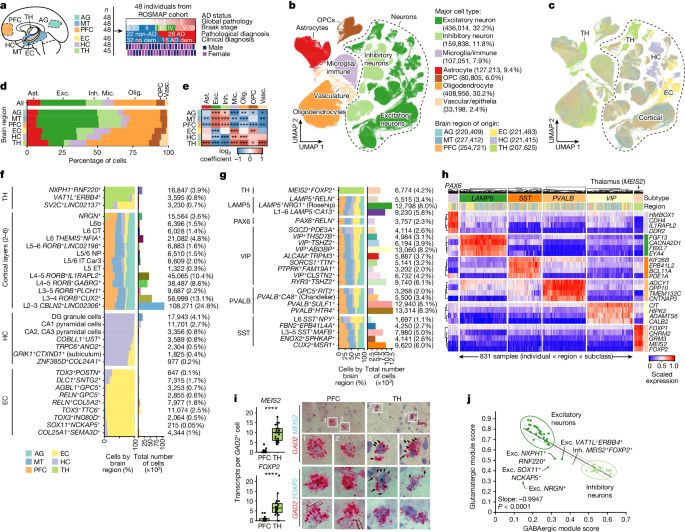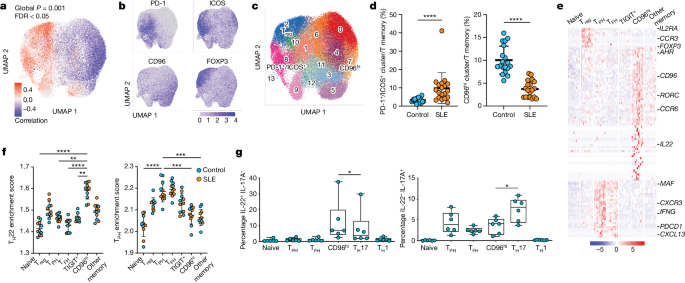MedicalXpress
MedicalXpress is a news website that provides timely and accurate information about the latest developments in medical research and healthcare. The site covers a wide range of topics including new treatments, studies, breakthroughs, and health trends. The articles are written in an accessible style that is easy to understand for the general public. While some articles may contain contradictions or deceptive practices, overall MedicalXpress provides reliable and valuable information about medical news.
92%
The Daily's Verdict
This news site is known for its high journalistic standards. It strives to maintain neutrality and transparency in its reporting, and avoids conflicts of interest. It has a reputation for accuracy and rarely gets contradicted on major discrepancies in its reporting.
Bias
95%
Examples:
- The articles analyzed appear to be free of conflicts of interest and biases.
Conflicts of Interest
95%
Examples:
- There is no evidence of any conflicts of interest in the articles analyzed.
Contradictions
85%
Examples:
- Another study found that excessive sun exposure does not necessarily lead to skin cancer, contrary to popular belief.
- There were a few instances where the data or results contradicted previous findings or expectations. For example, some studies found that certain medications were less likely to cause weight gain than others, which may be counterintuitive for some people.
Deceptions
85%
Examples:
- Some articles may be misleading to readers who do not read them carefully. For example, one article claims that
Recent Articles

Healthy Diets with Less Sugar: Slowing Down Biological Aging
Broke On: Monday, 29 July 2024
New Insights into Alzheimer's Disease: Reelin, Neurofibrillary Tangles, and Emerging Biomarkers
Broke On: Monday, 29 July 2024
GLP-1 Receptor Agonists Shift from Diabetes to Obesity Treatment: Implications and Trends
Broke On: Tuesday, 23 July 2024
New HIV Prevention Drug Lenacapavir: Potential Price Drop to $40 per Year if Generics Allowed
Broke On: Tuesday, 23 July 2024
Childhood Home Instability Linked to Increased Depression Risk in Adulthood: Study
Broke On: Wednesday, 17 July 2024
New Study: Women in Their 40s Prefer to Delay Breast Cancer Screening After Decision Aid Intervention - What You Should Know
Broke On: Tuesday, 16 July 2024
Revolutionizing Alzheimer's Treatment: New Model Predicts Cognitive Decline and Identifies Effective Drugs
Broke On: Thursday, 11 July 2024
New Insights into the Role of AHR in Regulating T Cell CXCL13 Production and Potential Therapeutic Strategies for Systemic Lupus Erythematosus
Broke On: Wednesday, 10 July 2024
Persistent Immune Cell Activity and SARS-CoV-2 RNA Traces in Organs of Individuals with Long COVID: Insights from UCSF and CellSight Technologies Studies
Broke On: Tuesday, 09 July 2024